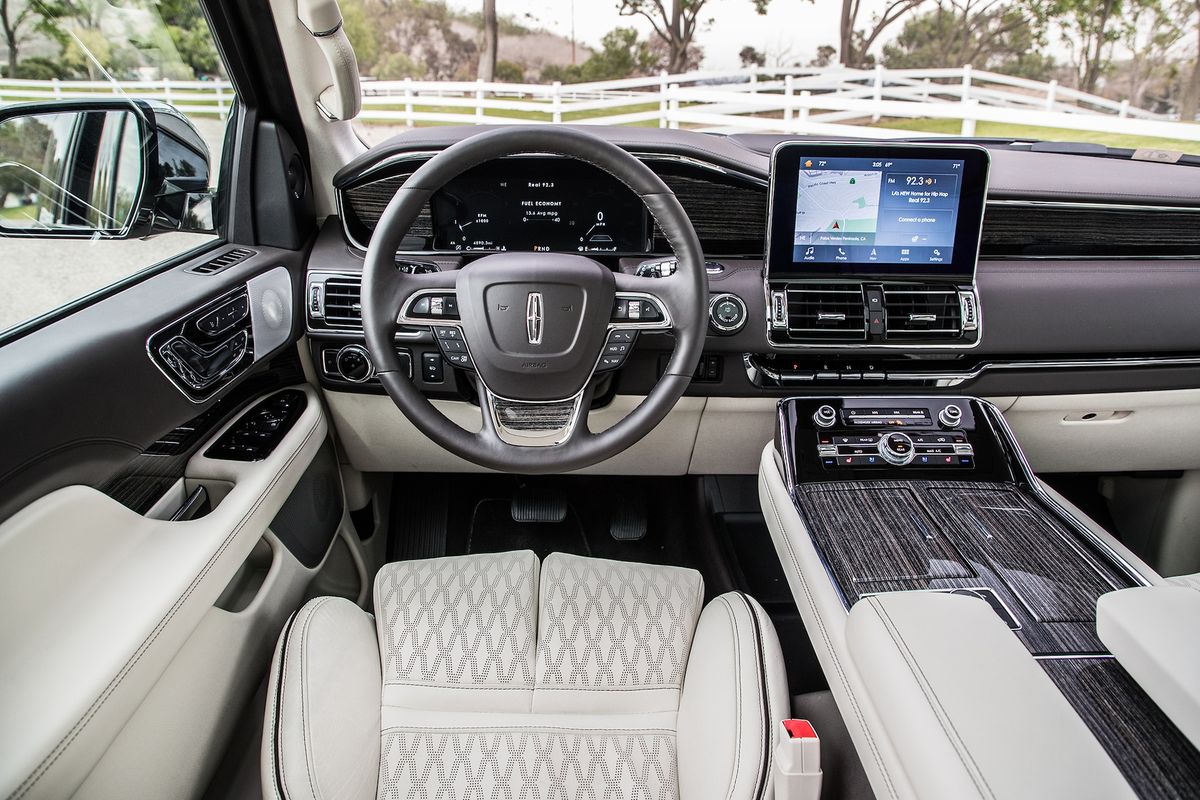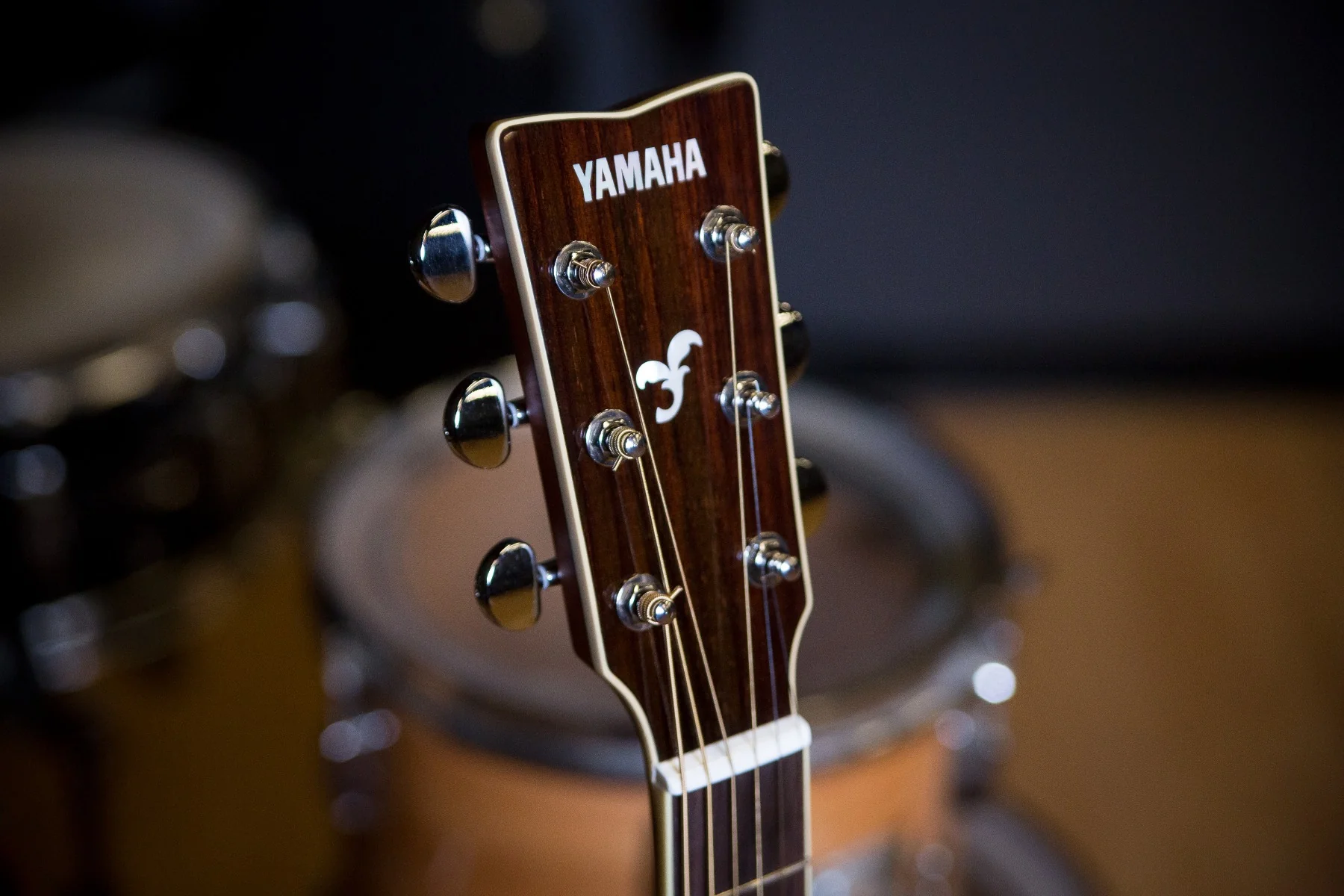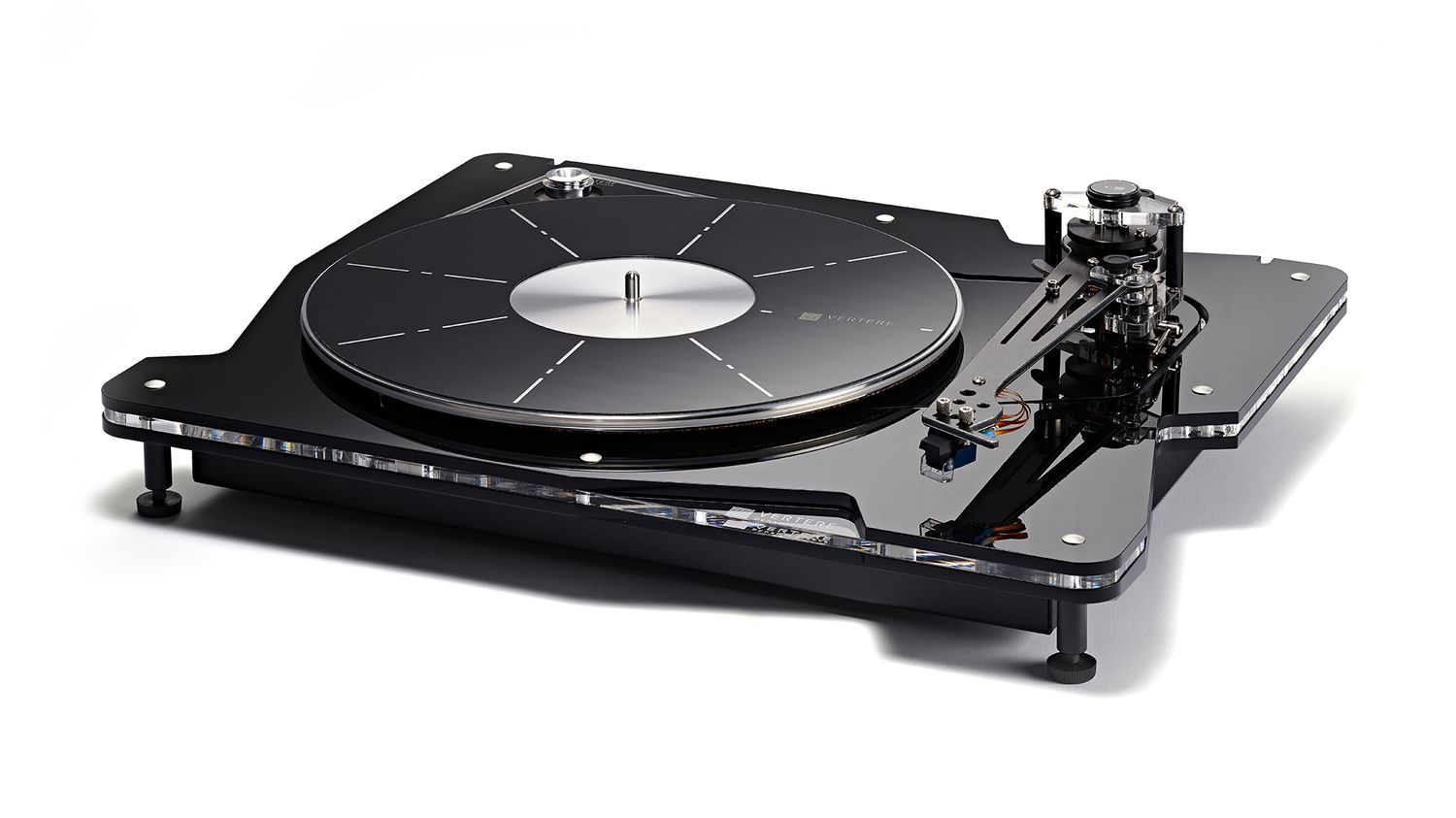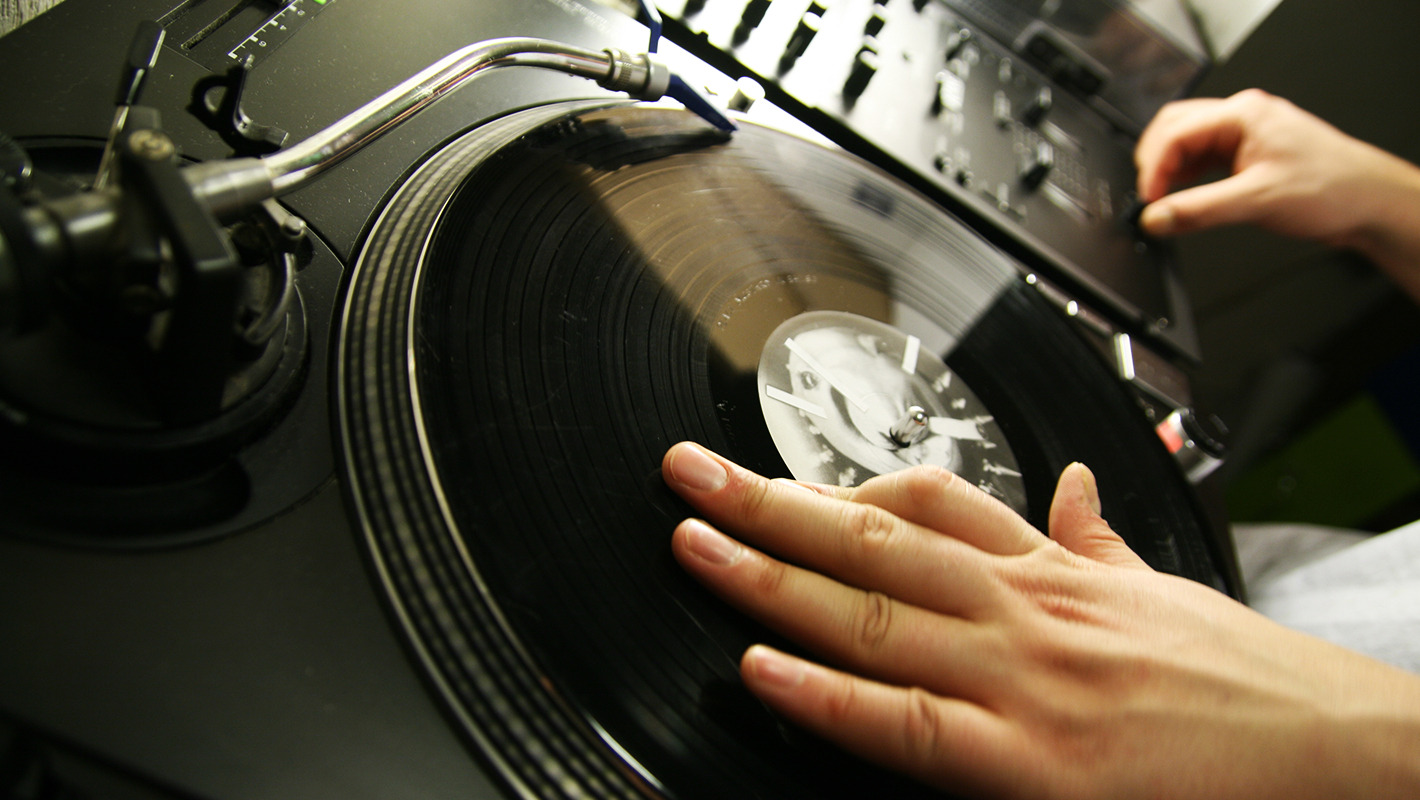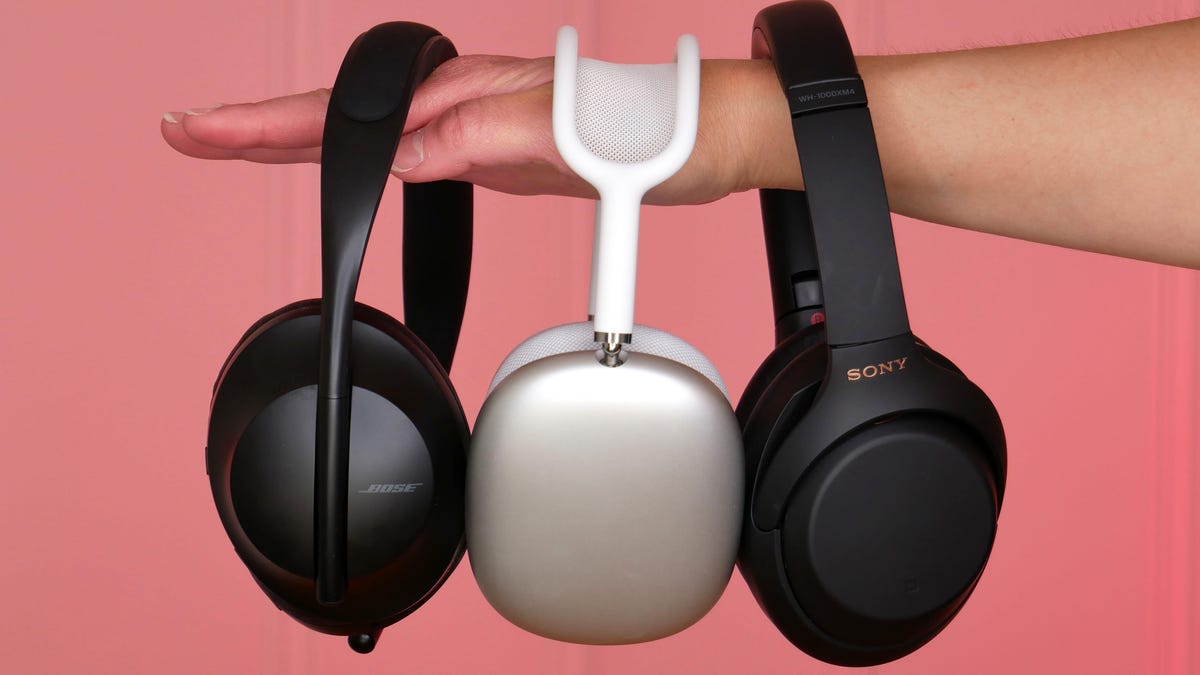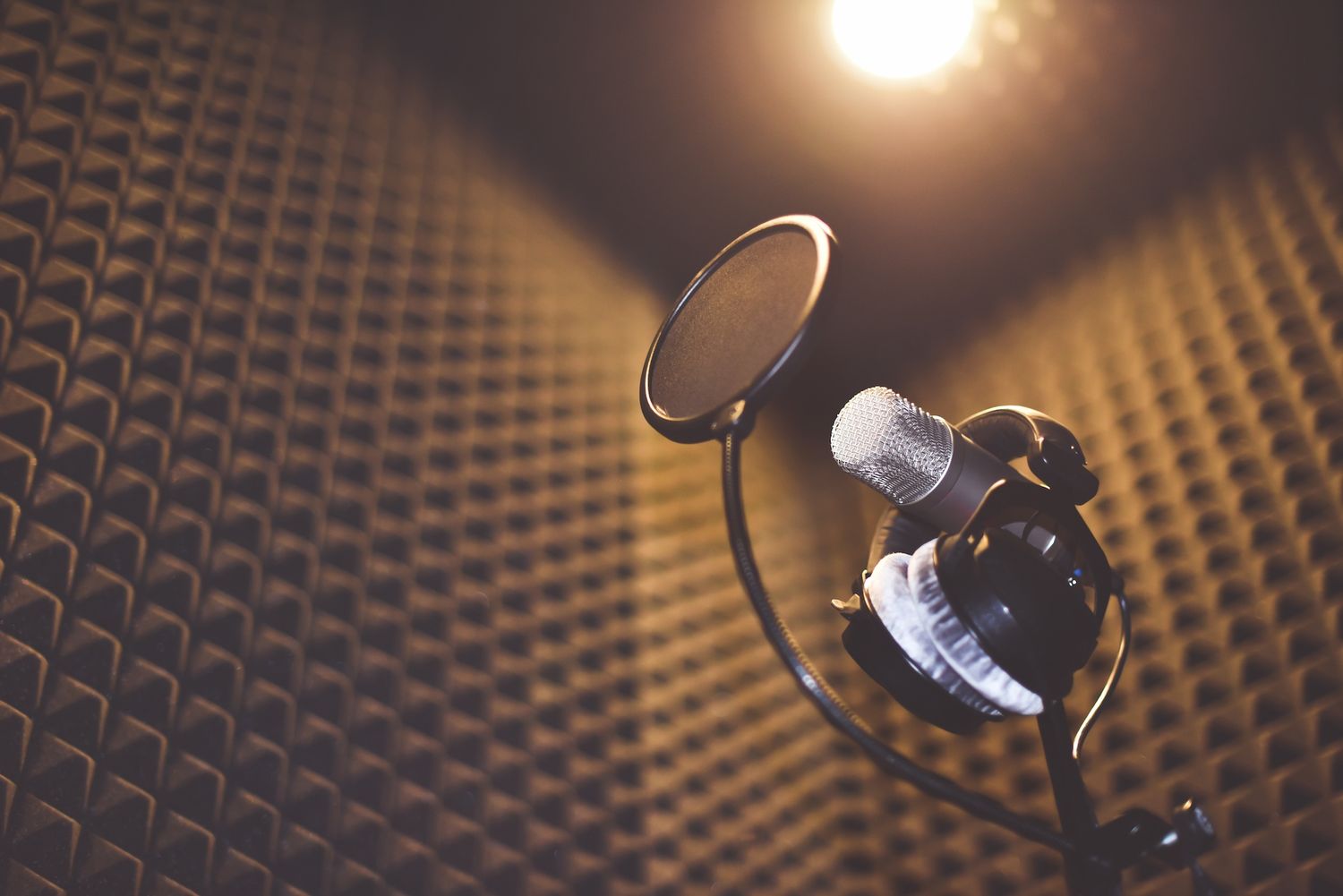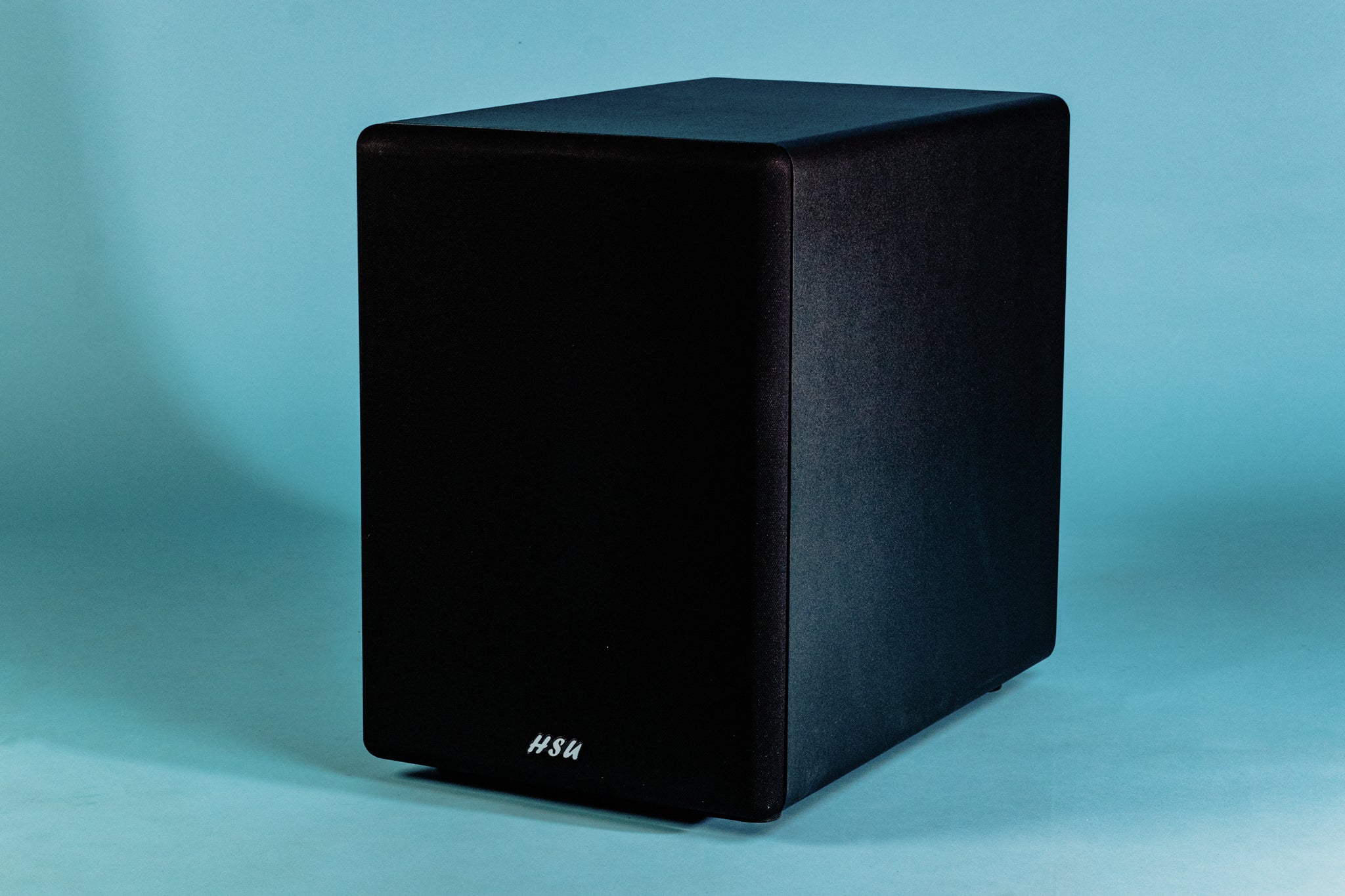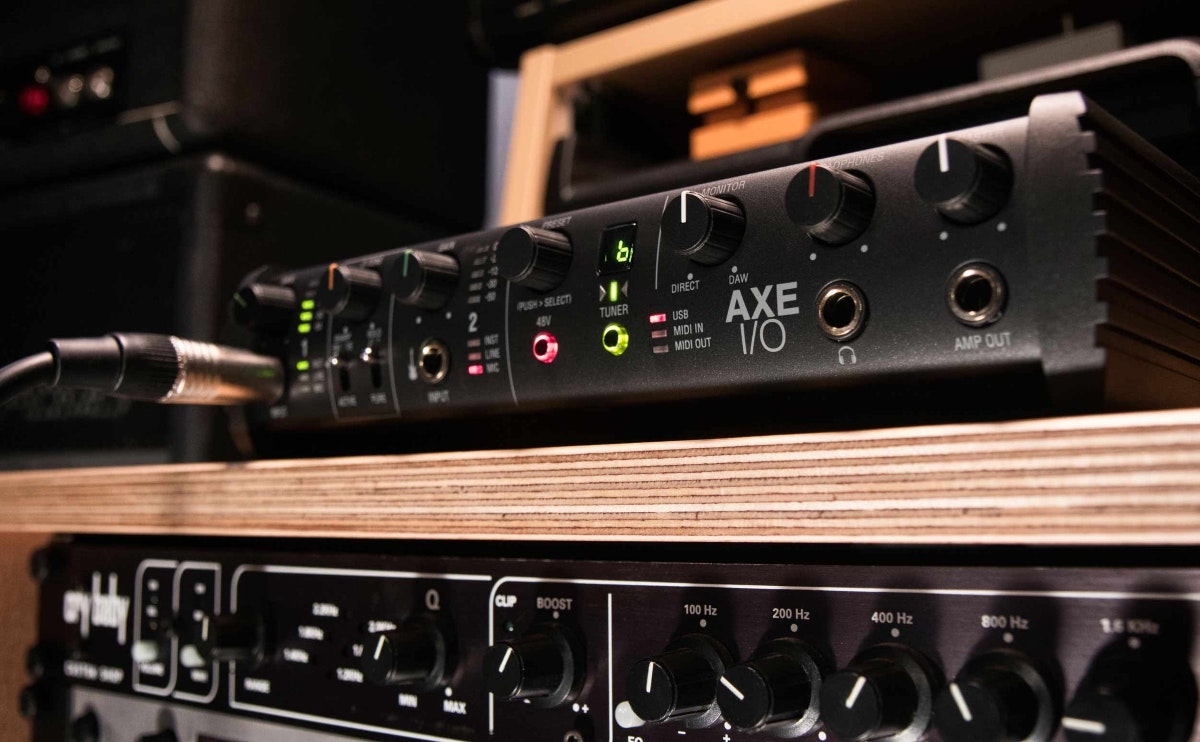Home>Devices & Equipment>Turntable>Which Turntable Is Best For Scratching
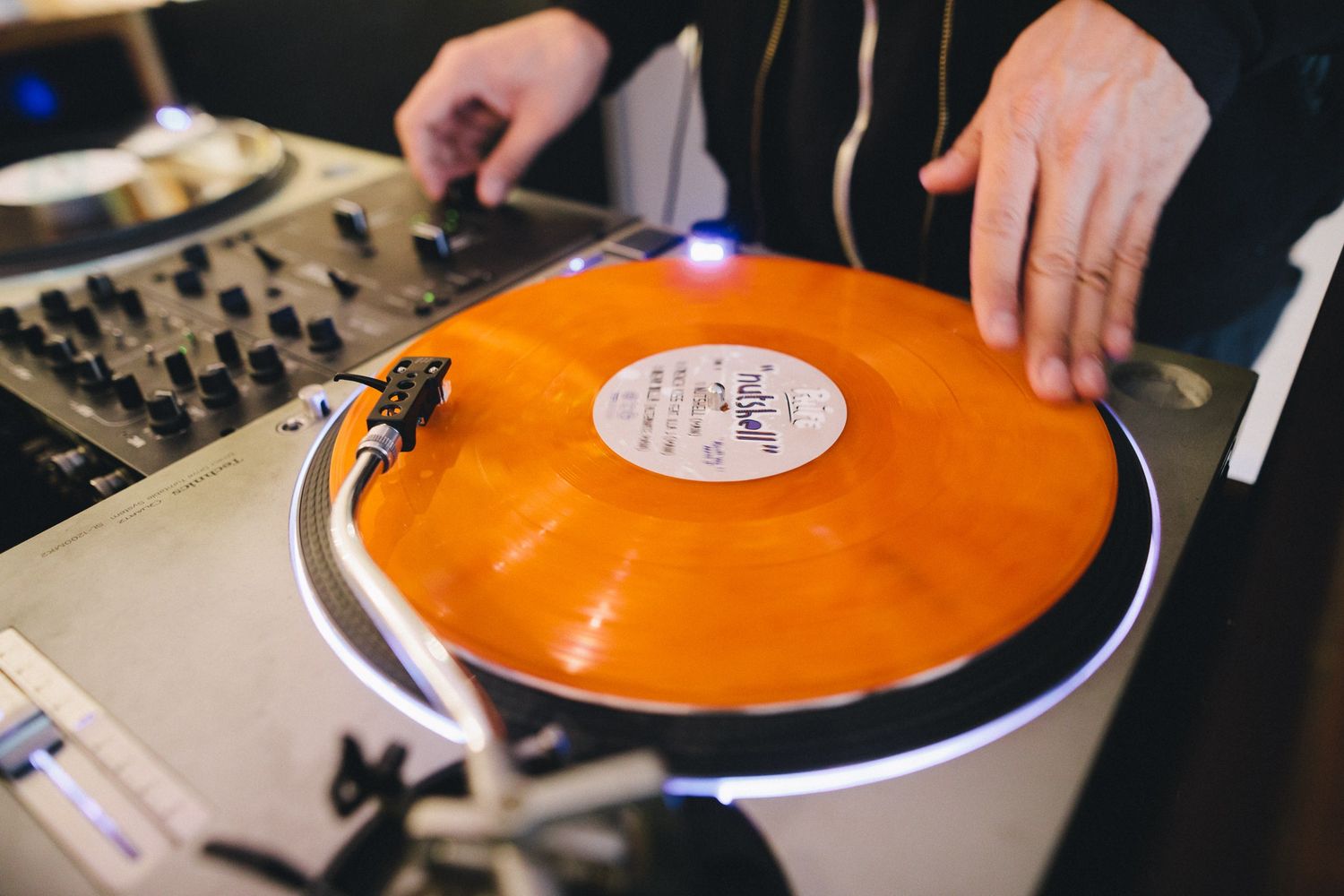

Turntable
Which Turntable Is Best For Scratching
Modified: March 3, 2024
Looking for the best turntable for scratching? Discover top-rated turntables perfect for DJs and scratching enthusiasts. Compare features and find your ideal turntable today!
(Many of the links in this article redirect to a specific reviewed product. Your purchase of these products through affiliate links helps to generate commission for AudioLover.com, at no extra cost. Learn more)
Table of Contents
- Introduction
- What is Scratching?
- Importance of a Good Turntable for Scratching
- Factors to Consider when Choosing a Turntable for Scratching
- Popular Turntables for Scratching
- Comparison of Turntables for Scratching
- Expert Recommendations for Turntables for Scratching
- Tips for Scratching on a Turntable
- Conclusion
Introduction
Turntablism has become a prominent art form in the world of music, with scratching being one of its most iconic techniques. The ability to manipulate vinyl records and create unique sound combinations has captivated music lovers for decades. If you’re looking to get into scratching or improve your skills, choosing the right turntable is crucial. In this article, we will explore the world of scratching and guide you through the process of selecting the best turntable for this technique.
Scratching is a DJ technique that involves moving a vinyl record back and forth, creating rhythmic patterns, rhythmic sounds, and incorporating them seamlessly into a mix. It requires precision, skill, and an intimate understanding of the turntable’s mechanics. A good turntable for scratching offers the necessary features and durability to withstand the rigorous rhythmic manipulation.
When it comes to scratching, not all turntables are created equal. It’s important to choose a turntable that can handle the demands of this technique, as well as provide accurate tracking, minimal needle skipping, and responsive controls. A high-quality turntable designed specifically for scratching will allow you to execute complex scratches with precision and control.
There are several factors to consider when choosing a turntable for scratching. The build quality, motor torque, playback speed options, tonearm design, and cartridge compatibility all play a crucial role in determining how well a turntable performs for scratching. By understanding these factors and considering your own needs as a DJ, you can find the turntable that suits you best.
In this article, we will explore some of the most popular turntables for scratching and provide a detailed comparison of their features. We will also share expert recommendations to help you make an informed decision. Additionally, we will offer tips and tricks to enhance your scratching technique and ensure you get the most out of your chosen turntable.
So whether you’re a seasoned turntablist or just starting out on your scratching journey, this article will serve as your guide to finding the best turntable for your needs. Let’s dive in and discover the world of scratching and the turntables that will take your skills to the next level.
What is Scratching?
Scratching is a DJ technique that emerged in the early days of hip-hop and has since become a central element of turntablism. It involves manipulating vinyl records on a turntable to create rhythmical and percussive sounds, adding a unique and expressive layer to the music being played. Scratching allows DJs to improvise and interact with the records in real-time, adding their artistic flair to the mix.
The technique of scratching is achieved by using the turntable’s platter and the DJ’s hand to manipulate the record’s movement. By quickly and precisely moving the record back and forth beneath the needle, the DJ creates various rhythmic sounds and patterns. Scratching can mimic different instruments like a drum roll or a guitar riff, and DJs can also scratch vocals, sound effects, or any other audio recorded on vinyl.
Scratching has its roots in the early days of hip-hop, where DJs used turntables and vinyl records as their primary instruments to create new sounds and manipulate existing ones. Grand Wizard Theodore, often credited as the inventor of scratching, discovered the technique by accident in the 1970s when he stopped a record with his hand and moved it rhythmically back and forth on the turntable. This unintentional action gave birth to a revolutionary technique that would have a profound impact on music and DJ culture.
Scratching quickly gained popularity and became an essential element of hip-hop music and DJ performances. It revolutionized the DJ’s role, shifting them from mere selectors and mixers to legitimate musicians and performers. Today, scratching is not limited to hip-hop; it has found its way into various genres such as electronic, pop, rock, and even classical music.
To execute scratching effectively, DJs rely on turntables that are specifically designed for this technique. These turntables boast features like high torque motors, anti-skate controls, pitch adjustment, and smooth tonearms. By using these specialized turntables, DJs can achieve precise control over the vinyl records, resulting in smooth and accurate scratching.
In the next section, we will explore the importance of having a good turntable specifically designed for scratching. Understanding why a dedicated turntable is necessary will help you choose the right equipment for your needs and take your scratching skills to new heights.
Importance of a Good Turntable for Scratching
When it comes to scratching, having a good turntable is essential to unleash your creative potential and achieve precise and controlled scratch techniques. The right turntable can make a world of difference in your scratching performance and overall DJ experience. Here’s why a good turntable designed specifically for scratching is important:
1. Durability and Stability: Scratching can put significant strain on a turntable, with DJs constantly manipulating the vinyl, applying pressure, and performing aggressive movements. A good turntable for scratching is built with durability and stability in mind, ensuring it can withstand the rigorous usage and resist wear and tear over time.
2. High Torque Motor: The motor is a crucial component of a turntable, and for scratching, a high torque motor is vital. Torque refers to the turntable’s ability to maintain a consistent speed despite external resistance. A high torque motor ensures the platter maintains the necessary rotational speed, even when the DJ applies pressure and performs intense scratching movements.
3. Accurate Tracking and Minimal Needle Skipping: Scratching involves rapid and intricate movements of the vinyl, and the turntable’s ability to accurately track the record is crucial. A good turntable minimizes needle skipping, ensuring smooth playback even during aggressive scratching. This allows DJs to execute complex scratch techniques without any disruption in the audio output.
4. Precise Pitch Adjustment: Pitch control is an essential feature for scratching. DJs often manipulate the pitch while scratching to create different effects and rhythms. A good turntable offers precise pitch adjustment, allowing for seamless transitions and accurate manipulation of the sound during scratching routines.
5. Responsive Controls: In the world of scratching, response time is everything. A good turntable for scratching has responsive and tactile controls, including a smooth crossfader, a responsive start/stop button, and precise tonearm adjustments. These features allow DJs to execute their scratching techniques with precision and control.
6. Cartridge Compatibility: The choice of cartridge can greatly influence the sound and performance of a turntable. For scratching, it’s important to choose a turntable that is compatible with cartridges designed for this technique. Cartridges suitable for scratching typically have a high output level and are built to handle the dynamic and fast movements of scratching.
7. Ergonomics: Scratching can be physically demanding, and a good turntable takes into consideration the ergonomics of the design. The placement and accessibility of controls, the weight distribution, and the feel of the platter and tonearm all contribute to the overall comfort and ease of use. A well-designed turntable allows DJs to perform extended scratching sessions without discomfort or fatigue.
By investing in a good turntable specifically designed for scratching, DJs can unlock their full scratching potential and enjoy a more immersive and gratifying experience. In the next section, we will delve into the factors to consider when choosing a turntable for scratching, helping you make an informed decision.
Factors to Consider when Choosing a Turntable for Scratching
Choosing the right turntable for scratching can make all the difference in your DJ performance. To ensure you select the best turntable for your scratching needs, here are some essential factors to consider:
1. Build Quality: Look for a turntable that is well-constructed and built to withstand the demands of scratching. The materials used and the overall build quality will determine the durability and longevity of the turntable.
2. Motor Torque: A high torque motor is crucial for scratching. It provides the necessary power to maintain consistent platter rotation, even during aggressive scratch techniques. Look for a turntable with a strong motor that can handle the rapid movements of scratching without slowing down or distorting the sound.
3. Pitch Control: The ability to adjust the pitch is essential for executing various scratching techniques. Look for a turntable that offers precise pitch controls, allowing you to manipulate the speed and pitch of the record with accuracy.
4. Anti-Skate Control: Anti-skate control is important for maintaining an accurate tracking of the record. It helps to prevent the needle from skipping or drifting off the groove while scratching. Ensure the turntable you choose has an anti-skate control feature to minimize unwanted disruptions during your performances.
5. Tonearm Design: The tonearm is responsible for holding the cartridge and tracking the record. Look for a turntable with a sturdy and well-designed tonearm that provides smooth movement and accurate tracking. A straight tonearm is often preferred for scratching due to its greater stability and tracking ability.
6. Cartridge Compatibility: Consider the compatibility of the turntable with different types of cartridges. Some turntables come with integrated cartridges, while others allow you to swap out cartridges to suit your preference. Choose a turntable that allows you to use cartridges specifically designed for scratching, as they provide better tracking and durability.
7. Platter Size: The size of the platter can impact your scratching technique. Larger platters offer improved stability and better control when performing scratch techniques. However, smaller platters can be advantageous for portable setups or DJs with limited space.
8. Weight: The weight of the turntable can affect its stability during scratching. A heavier turntable tends to offer better resistance to vibrations and movement, providing a more solid and stable platform for scratching. However, keep in mind that heavier turntables may not be as portable as lighter ones.
9. Connectivity: Consider the connectivity options of the turntable. Look for a turntable that offers both analog and digital outputs, allowing you to connect to various audio systems and recording devices. Additionally, some turntables offer USB connectivity, enabling you to digitize your vinyl collection or record live scratching performances.
10. Price: Lastly, consider your budget when choosing a turntable for scratching. While it’s important to invest in a high-quality turntable, there are options available at various price points. Determine your budget and prioritize the features that are most important to you.
By considering these factors, you can narrow down your options and find the turntable that best suits your scratching style and needs. In the next section, we will explore some of the most popular turntables for scratching, providing a detailed comparison of their features.
Popular Turntables for Scratching
When it comes to turntables for scratching, there are several models that have gained popularity among DJs and turntablists. These turntables are renowned for their performance, durability, and the specific features they offer for scratching. Let’s take a closer look at some of the most popular turntables for scratching:
1. Technics SL-1200MK7: The Technics SL-1200 series is legendary in the DJ world and has long been considered the gold standard for turntables. The SL-1200MK7 is the latest addition to this iconic line. It features a powerful direct-drive motor, excellent pitch control, durable build quality, and superb tracking ability, making it a top choice for scratch DJs.
2. Reloop RP-8000 MK2: The Reloop RP-8000 MK2 is a professional-grade turntable that combines classic turntable design with modern features. It offers a high torque motor, adjustable pitch range, and a sleek design. One standout feature is the built-in MIDI functionality, which allows for advanced control and integration with DJ software.
3. Numark NTX1000: The Numark NTX1000 is designed specifically for scratching and offers exceptional torque and precise pitch control. It features a heavy-duty build and a solid aluminum platter for excellent stability. The high-quality tonearm provides accurate tracking, and the anti-skate control ensures smooth scratching performance.
4. Pioneer DJ PLX-1000: The Pioneer DJ PLX-1000 stands as a testament to Pioneer’s commitment to DJ equipment excellence. It boasts a high torque motor, excellent tracking, and adjustable pitch control. The build quality is outstanding, with a heavy-duty chassis and robust construction that can withstand the demands of scratching.
5. Stanton STR8.150: The Stanton STR8.150 is a professional-grade turntable designed for scratching enthusiasts. It features a powerful direct-drive motor, adjustable pitch control, and durable construction. The ultra-stable platter and precise tracking make it an ideal choice for DJs who demand accuracy and reliability.
6. Audio-Technica AT-LP1240: The Audio-Technica AT-LP1240 is a versatile turntable that excels in scratching and DJ performances. It has a direct-drive motor with high torque, adjustable pitch control, and an S-shaped tonearm for optimal tracking. The build quality is solid, and it comes with a range of features that cater to the needs of scratching DJs.
These are just a few examples among many turntables that are popular among scratch DJs. Each of these models offers specific features and benefits that cater to different scratching styles and preferences. It’s important to consider your own needs, preferences, and budget when choosing a turntable for scratching.
In the next section, we will provide a detailed comparison of these popular turntables, helping you make an informed decision based on their features and capabilities.
Comparison of Turntables for Scratching
When it comes to selecting the best turntable for scratching, it’s important to compare the features and specifications of different models to find the one that suits your needs. Here’s a comparison of popular turntables for scratching:
Technics SL-1200MK7: The Technics SL-1200MK7 offers exceptional build quality, robust direct-drive motor, and precise pitch control. It is known for its superior tracking ability and durability. However, it can be on the pricier side compared to other options.
Reloop RP-8000 MK2: The Reloop RP-8000 MK2 features a high torque motor and adjustable pitch range, making it ideal for scratching. Its built-in MIDI functionality allows for advanced control and integration with DJ software.
Numark NTX1000: The Numark NTX1000 is a reliable turntable with a high torque motor, accurate pitch control, and solid build quality. It offers excellent value for its performance and is a popular choice among DJs.
Pioneer DJ PLX-1000: The Pioneer DJ PLX-1000 is renowned for its excellent torque, pitch control, and construction. It provides precise tracking and stability, ensuring smooth scratching performance.
Stanton STR8.150: The Stanton STR8.150 boasts a powerful direct-drive motor, adjustable pitch control, and durable construction. It offers stability and accurate tracking, making it a preferred choice for many scratch DJs.
Audio-Technica AT-LP1240: The Audio-Technica AT-LP1240 is a versatile turntable with a high torque motor, adjustable pitch control, and solid build quality. It provides excellent tracking and is suitable for both scratching and DJ performances.
When comparing these turntables, consider factors such as motor torque, pitch control accuracy, build quality, and price. Additionally, think about your specific scratching needs and how each turntable’s features align with them. It’s also helpful to read reviews and seek recommendations from experienced scratch DJs to get real-world insights.
Remember, the best turntable for scratching ultimately depends on your personal preferences and budget. Carefully assess the features and capabilities of each model to find the turntable that will truly elevate your scratching skills.
In the next section, we will provide expert recommendations for turntables that excel in scratching and DJ performances.
Expert Recommendations for Turntables for Scratching
When it comes to selecting a turntable for scratching, it’s always helpful to consider the recommendations of experts who have extensive experience in the DJ and turntablism community. Here are some expert-recommended turntables known for their exceptional performance in scratching:
Technics SL-1200MK7: The Technics SL-1200MK7 is often considered the industry standard for turntables. It has a powerful direct-drive motor, precise pitch control, and exceptional tracking ability, making it a top choice for scratch DJs who demand reliability and performance.
Reloop RP-8000 MK2: The Reloop RP-8000 MK2 is highly regarded for its superb torque, adjustable pitch range, and built-in MIDI integration. Experts appreciate its solid construction, making it a popular choice for scratch DJs seeking a balance between traditional turntable features and modern capabilities.
Pioneer DJ PLX-1000: The Pioneer DJ PLX-1000 is recognized for its high torque motor, accurate pitch control, and rugged build quality. Experts appreciate its stable platter and responsive controls, ensuring precise scratching performance even during intense routines.
Stanton STR8.150: The Stanton STR8.150 is often recommended by experts for its powerful direct-drive motor, exceptional torque, and adjustable pitch control. Its sturdy construction and precise tracking make it an ideal choice for DJs who prioritize stability and reliability during scratching sessions.
Audio-Technica AT-LP1240: The Audio-Technica AT-LP1240 is known for its strong motor torque, accurate pitch control, and durable build. Experts find it to be a versatile option suitable for both scratching and DJ performances, providing reliable performance and excellent sound quality.
Ultimately, the best turntable for scratching will depend on your specific needs and preferences as a DJ. It’s important to consider factors such as motor torque, pitch control accuracy, build quality, and price. Additionally, seek feedback and recommendations from expert scratch DJs who have hands-on experience with different turntables.
Remember, while expert recommendations can guide you in making an informed decision, it’s crucial to also try out and experience the turntables firsthand to assess how they align with your unique style and scratching technique. Selecting the right turntable will greatly enhance your scratching capabilities and elevate your DJ performances.
In the next section, we will provide helpful tips to improve your scratching technique and make the most of your chosen turntable.
Tips for Scratching on a Turntable
Scratching on a turntable is an art form that requires practice, skill, and precision. Whether you’re a beginner or an experienced DJ, these tips will help you improve your scratching technique and make the most of your turntable:
1. Master the Basics: Start by mastering the basic scratching techniques, such as the baby scratch, chirp, and stab. Focus on developing clean and precise movements before moving on to more complex scratch patterns.
2. Practice Control and Precision: Scratching is all about control. Work on controlling the speed, direction, and pressure of your hand movements to create different sounds and effects. Aim for accuracy and precision in executing your scratches.
3. Experiment with Different Scratch Sounds: Don’t be afraid to experiment with different scratch sounds. Try scratching different parts of the record, such as the vocals, drums, or instrumentals, to create unique and interesting variations in your scratching routines.
4. Mix Scratching with Beatmatching: Incorporate scratching into your beatmatching skills to add a creative element to your DJ sets. Experiment with scratching over beats, matching the rhythm and timing of the scratches with the music to create seamless transitions and dynamic mixes.
5. Develop Ambidexterity: Work on developing ambidexterity by practicing scratching with both hands. This will allow you to execute complex scratch techniques more seamlessly and enhance your overall DJ performance.
6. Pay Attention to Timing: Timing is crucial in scratching. Practice maintaining a consistent and steady rhythm while scratching, ensuring your scratches align with the beat of the music. It’s important to develop a good sense of timing to create smooth and cohesive scratch routines.
7. Utilize Cue Points: Take advantage of cue points on your turntable to mark sections of the record for quick access during scratching. This can help you jump to specific samples or create seamless transitions between scratch patterns.
8. Experiment with Different Turntable Techniques: Explore different turntable techniques, such as the flares, transforms, and orbits, to expand your scratching repertoire. These techniques can add flair and creativity to your scratching routines.
9. Practice with Different Genres: Challenge yourself by practicing scratching with different genres of music. Experiment with scratching over hip-hop, electronic, rock, or any other genre to broaden your scratching skills and adaptability.
10. Record and Evaluate Your Scratching Sessions: Record your scratching sessions and listen back to evaluate your performance. This will help you identify areas for improvement, fine-tune your technique, and track your progress over time.
Remember, consistency and practice are key to mastering scratching. Dedicate regular practice sessions to refine your scratching skills and explore new techniques. With time and determination, you’ll become more proficient and confident in your scratching abilities.
Ready to take your scratching to the next level? In the concluding section of this article, we’ll provide a recap of the key points discussed and emphasize the importance of choosing the right turntable for scratching.
Conclusion
Scratching is a dynamic and expressive technique that allows DJs to push the boundaries of creativity and add their unique touch to the music. To excel in scratching, it is crucial to choose a turntable that is specifically designed for this technique. Factors such as motor torque, pitch control accuracy, build quality, and price should be considered when selecting the right turntable for your scratching needs.
We explored the world of scratching and highlighted its importance as an art form in DJ culture. We discussed the key factors to consider when choosing a turntable for scratching, emphasizing the significance of features like motor torque, pitch control, tonearm design, and cartridge compatibility. We also compared popular turntables known for their performance in scratching.
Expert recommendations provided insights into turntables that excel in scratching, with options like the Technics SL-1200MK7, Reloop RP-8000 MK2, Pioneer DJ PLX-1000, Stanton STR8.150, and Audio-Technica AT-LP1240 standing out as top choices. Additionally, we offered tips to help improve scratching technique, such as mastering the basics, practicing control and precision, experimenting with different scratch sounds, and incorporating scratching into beatmatching skills.
By choosing the right turntable and implementing these tips, DJs can elevate their scratching abilities and create captivating performances. It’s important to remember that consistency, practice, and a willingness to experiment are essential for mastering scratching and developing a unique style.
Scratching is much more than just a DJ technique; it is an art form that continues to evolve and shape the music industry. Aspiring scratch DJs must embrace their creativity and dedication, always striving to push the boundaries of what is possible with a turntable and vinyl records.
So, whether you’re a seasoned scratch DJ or a beginner looking to embark on this exciting journey, choose your turntable wisely, practice diligently, and let your imagination run wild. The world of scratching awaits, ready to be explored and transformed through your unique artistic expression.

